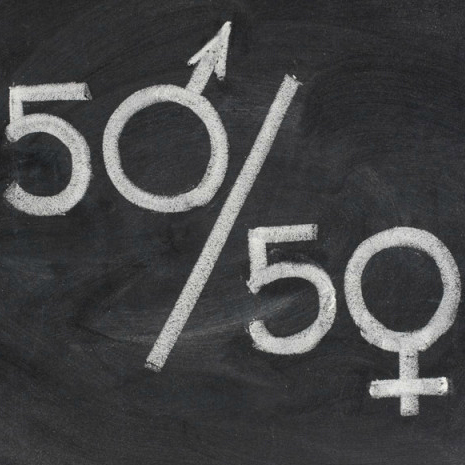There is no dispute that women have historically been treated unfairly compared to men in the workplace and in the community. There have been many improvements in women’s rights, but there continues to be many double standards for women. One prominent issues of the gender equality debate is how women and men are perceived based on their appearance.
Most girls dress for themselves, not to impress guys. If a girl decides to wear short shorts and a revealing shirt or a sweatshirt and sweatpants, it is ultimately her choice. Many outdated stereotypes are forced upon women based on what she wears. There is no way to please everyone because opinions are subjective, but clothing is not consent nor does it give anyone the right to place judgement on someone else.
Personally, I have never had a guy come up to me and say that he had been dress coded, but countless girls have told me that they had been dress coded and were asked to change. The common justification is that the girl’s shirt was “too distracting” or “too revealing”. This is a biased argument because the decision is determined by an individual whose personal preferences may influence their actions. An exposed shoulder or leg should not be a reason for someone to be “distracted”.
Additionally, if a girl does her hair and makeup she might be perceived as “superficial” or “high-maintenance,” but if she doesn’t do her hair and makeup, she can be perceived as “lazy” or “less pretty”. The pressure for girls to wear makeup begins at various ages for every girl, but we need to be reminded that whether or not you decide to wear it or not, it is not a representation of your character. Some girls feel that makeup is an art and a form of self-expression, while others do not like makeup and prefer to go without it. To be placed into a category by society simply because of their personal choice is extremely unfair.
Sexism is not an inherited behavioral trait. Recognizing the issue is the first step in resolving this problem. While it is not possible to completely rid society of all double standards, we can learn to accept people’s freedom to dress and act how they choose, which could make a difference on a smaller scale. This could slowly make people more open-minded in the long run and less judgmental of each other based on what they wear.









